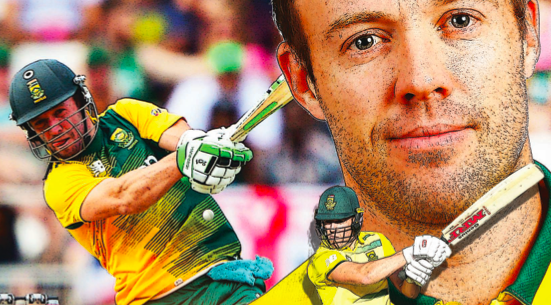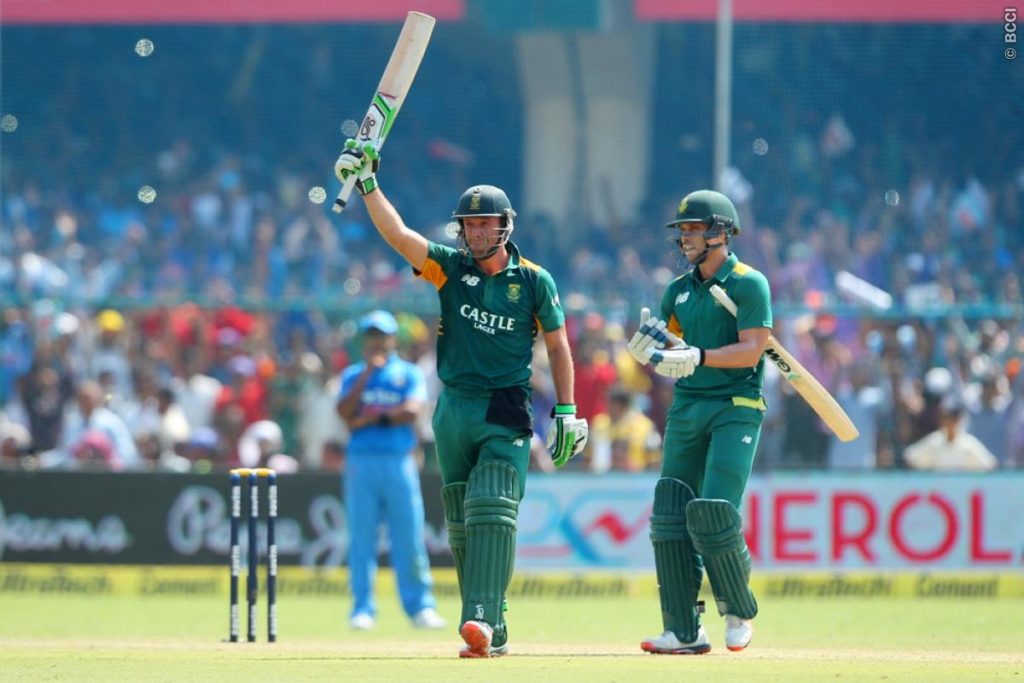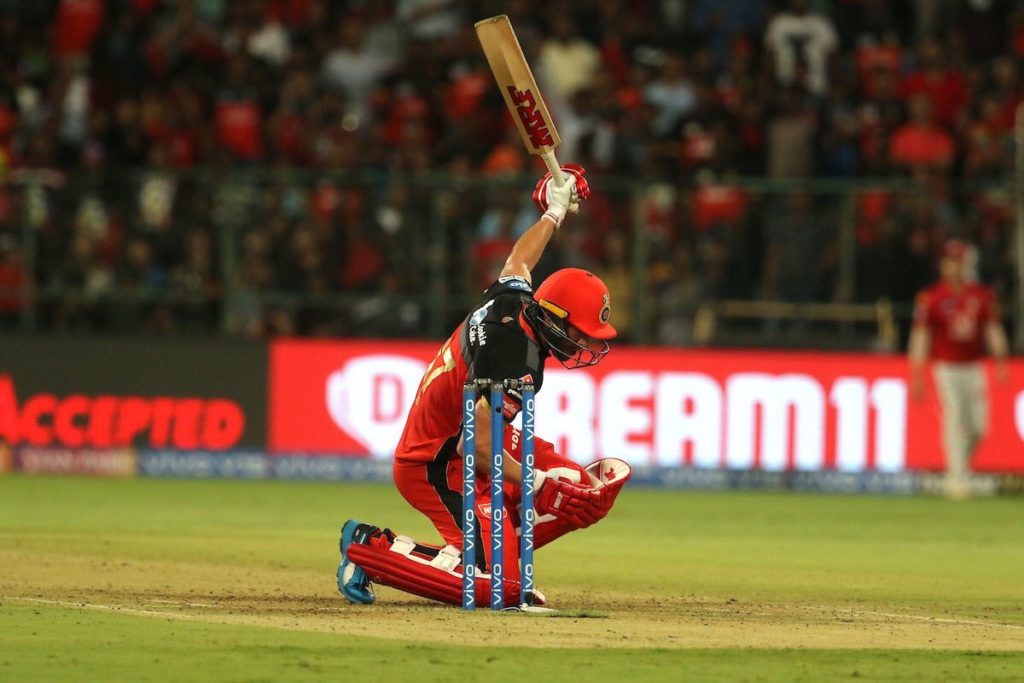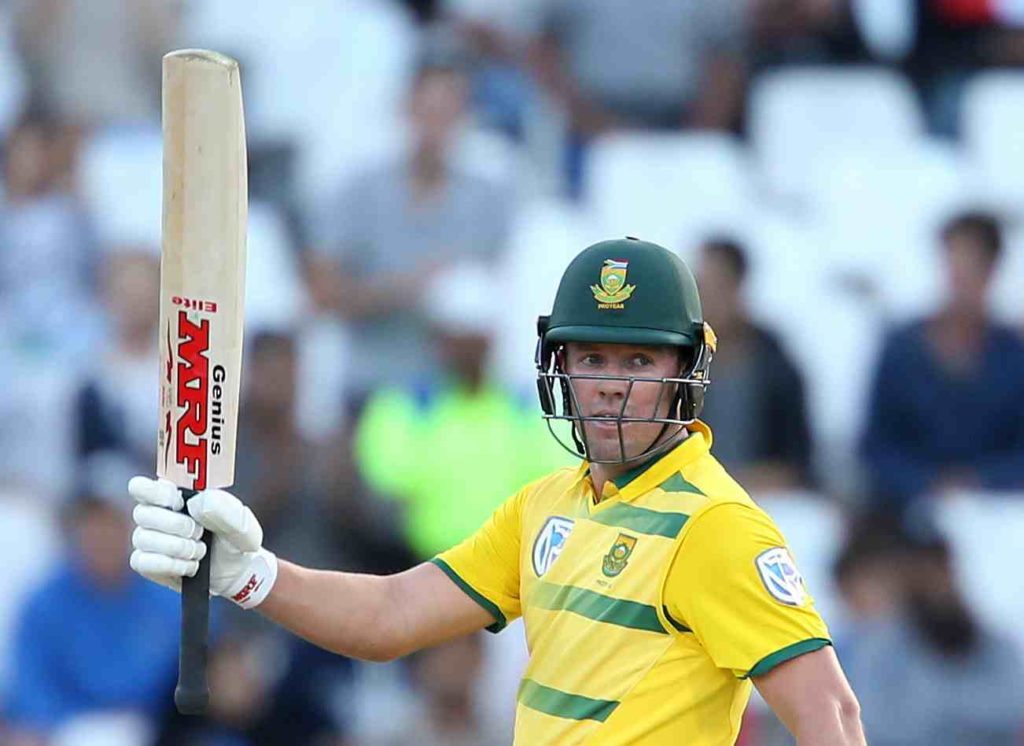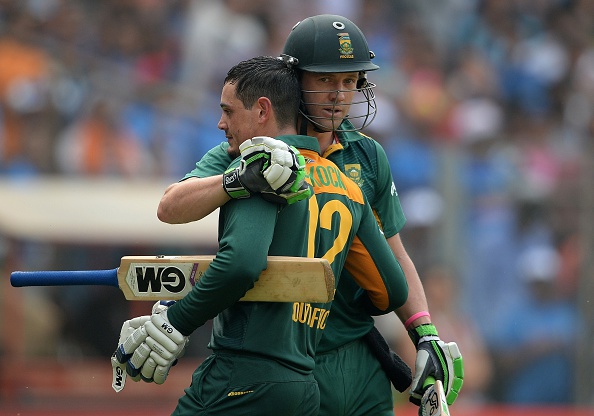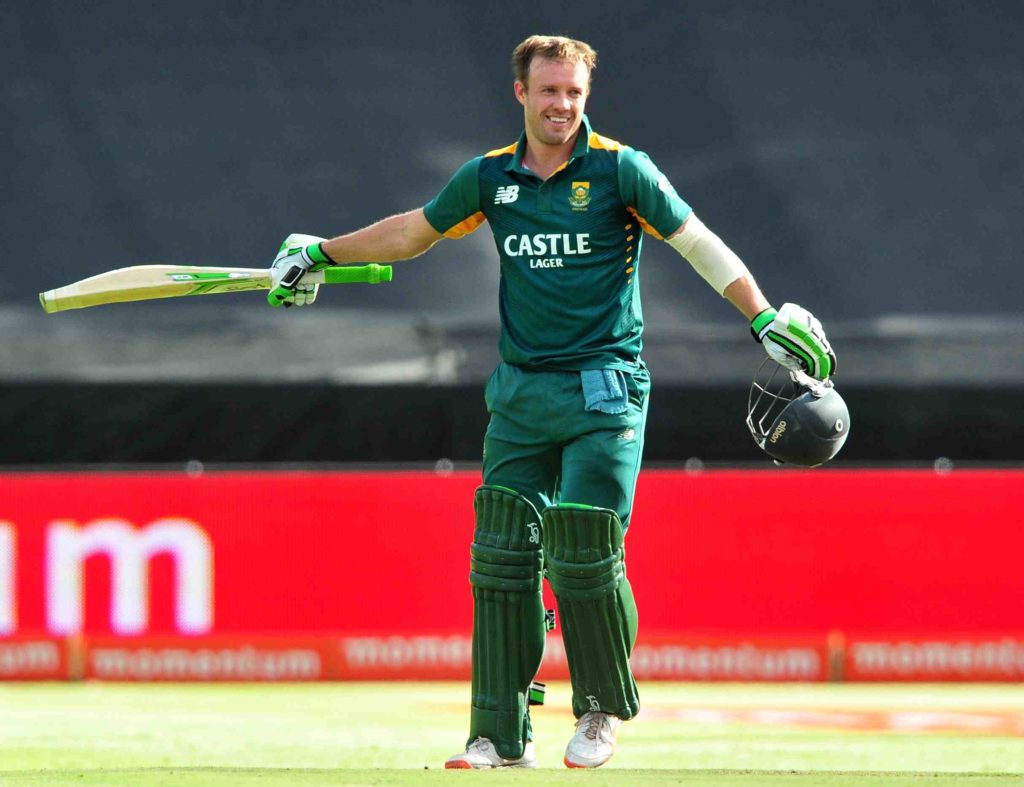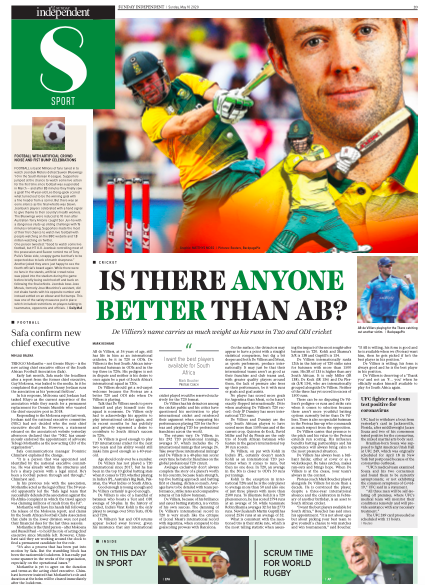Mark Keohane, on IOL Sport, writes that AB de Villiers, at 36 years of age, still has life in him as an international cricketer, be it in T20 or ODI’s. De Villiers is the best South African international batsman in ODI’s and in the top three in T20s. His pedigree is not in dispute and neither is his desire to once again be a part of South Africa’s international squad in T20s.
De Villiers should get a red-carpet welcome because the Proteas are a better T20 and ODI side when De Villiers is playing.
Talk that De Villiers needs to prove himself and play himself into the squad is nonsense. De Villiers only had to acknowledge his appetite to play international cricket again, and in recent months he has publicly and privately expressed a desire to contribute to South Africa’s success in T20s.
De Villiers is good enough to play T20 international cricket for the next two years and his ability would still make him good enough as a 40 year-old.
Age should only ever be a number.
De Villiers has not played a T20 international since 2017, but he has been in the top 10 global batting stars when it comes to T20, whether playing in India’s IPL, Australia’s Big Bash, Pakistan, the West Indies or South Africa.
Good enough is young enough and De Villiers certainly is good enough.
De Villiers is one of a handful of batsmen, who boasts a Test and ODI average of 50-plus. In the history of cricket, India’s Virat Kohli is the only player to average over 50 in Tests, ODI’s and T20s.
De Villiers’s Test and ODI returns appear locked away forever, given his insistence that any international cricket played would be reserved exclusively for the T20 format.
De Villiers has his detractors among the cricket public and his critics have questioned his motivation to play international cricket and reinforced their argument when comparing his performances playing T20 for the Proteas and playing T20 for professional franchises across the world.
The returns do vary. De Villiers, in his 292 T20 professional matches, averages 37, which includes the 75 international innings that average 26. Take away those international innings’ and De Villiers is a 40-plus run scorer every time he bats for franchises on the global professional T20 circuit.
Averages exclusively don’t always complete the story of a player’s worth to his country, because team strength, top five batting approach and batting first or chasing, dictate so much. Averages have to be detailed with team performance, strike rates and comparative returns of his fellow batsmen.
De Villiers, because of his brilliance and career batting statistics, is a victim of his own success. The damning of De Villiers’s international record in T20 is very much like the critique of Lionel Messi’s international record with Argentina, when compared to his goal-scoring prowess with Barcelona.
On the surface, the detractors may appear to have a point with a straight statistical comparison, but dig a bit deeper and both De Villiers and Messi, as sports performers, produce internationally. It may just be that their international teams aren’t as good as their franchise and club teams and, with greater quality players around them, the lack of pressure also frees up their performance, be it with runs or goals and goal assists.
No player has scored more goals for Argentina than Messi, so he hasn’t exactly flopped internationally. Ditto when analysing De Villiers’s T20 record: Only JP Duminy has more international T20 runs.
De Villiers and Duminy are the only South African players to have scored more than 1500 runs and of the current crop, Quinton de Kock, David Miller and Faf du Plessis are the only trio of South African batsman who feature in the game’s international top 30 run scorers.
De Villiers, on par with Kohli in India’s IPL, certainly doesn’t match Kohli as an international T20 performer when it comes to runs, but then no one does. In T20, an average in the 30s is closer to ODI’s 50 runs per innings. Kohli is the exception in international T20s and he is the only player to average more than 50 and also one of just three players with more than 2500 runs. To illustrate Kohli is a T20 phenomenon, he has scored 2794 runs at an average of 50, while teammate Robin Sharma averages 32 for his 2773 runs. New Zealand’s Martin Guptill has scored 2536 runs at an average of 32.
What is consistent with the mentioned trio is their strike rate, which is the most telling statistic when assessing the impact of the most sought-after batsmen in T20. Kohli and Sharma’s S/R is 138 and Guptill’s is 134.
De Villiers internationally ranks 12th in the history of T20 strike rates for batsmen with more than 1500 runs. His SR of 135 is higher than any South African. It is only Miller (SR 138), De Kock (SR 136) and Du Plessis (S/R 134), who are internationally grouped alongside De Villiers. Neither of the three has yet scored in excess of 1500 runs.
There can be no disputing De Villiers’s pedigree or runs and strike rate when it comes to selection because there aren’t more youthful batting options currently better than De Villiers. There is also specialist batsman in the Proteas line-up who commands as much respect from the opposition.
De Villiers carries that presence to the pitch and his value to the Proteas extends run scoring. His influence benefits batting partnerships and his experience will always bring calm to the most pressured situation.
De Villiers has always been a brilliant fielder, either at cover or as a wicket keeper. He takes catches, makes run-outs and brings hope. When De Villiers is at the crease, your team’s always in the contest.
Proteas coach Mark Boucher played alongside De Villiers for more than a decade. He is convinced the player, despite a three-year international absence and the celebration in February of another birthday, is an asset to South African cricket.
‘I want the best players available for South Africa,’ Boucher has said since his appointment. ‘It is not about egos but about picking your best team to give yourself a chance to win matches and win tournaments,’ said Boucher. ‘If AB is willing, his form is good and he is available when we (Proteas) want him, then he gets picked if he’s the best player in his position.’
De Villiers is willing; his form is always good and he is the best player in his position.
De Villiers is deserving of a ‘Thank you’ and not an ‘F… you’ when he officially makes himself available to play for South Africa again.
This article first appeared in the Sunday Independent (10 May 2020)




